England has always been disinclined to accept human nature

England has always been disinclined to accept human nature
In his essay "What I Believe," E.M. Forster famously stated that "England has always been disinclined to accept human nature." This statement reflects Forster's belief that English society has a tendency to suppress or deny certain aspects of human nature, particularly those that are considered taboo or uncomfortable.Forster's observation can be seen in various aspects of English culture and history. Throughout the centuries, England has been known for its strict social norms and expectations, which often dictate how individuals should behave and interact with one another. This emphasis on propriety and decorum can lead to a reluctance to acknowledge or address the more complex and messy aspects of human nature, such as desire, jealousy, and aggression.
One of the key themes in Forster's work is the tension between societal expectations and individual desires. In novels like "A Room with a View" and "Howards End," Forster explores the ways in which English society can stifle personal growth and self-expression. Characters in these novels often struggle to break free from the constraints of their social class or upbringing in order to live more authentically and in tune with their true selves.
Forster's critique of English society's disinclination to accept human nature can also be seen in his treatment of issues such as sexuality and gender. In his novel "Maurice," Forster tells the story of a young man coming to terms with his homosexuality in a society that condemns such relationships. The novel was not published during Forster's lifetime due to its controversial subject matter, highlighting the discomfort that English society had with acknowledging and accepting alternative forms of love and desire.
Overall, Forster's assertion that England has always been disinclined to accept human nature speaks to a broader cultural tendency to repress or ignore the more complex and challenging aspects of the human experience. By shining a light on these hidden truths, Forster encourages readers to confront the ways in which societal expectations can limit our understanding of ourselves and others.

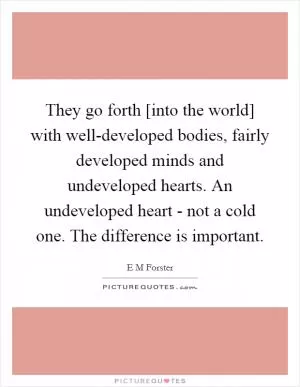

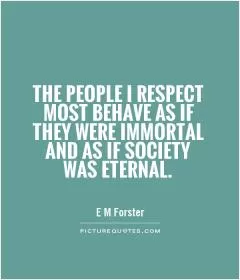
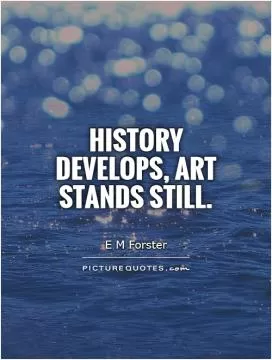
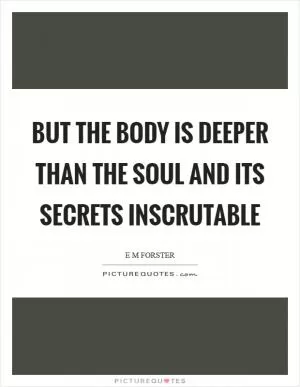
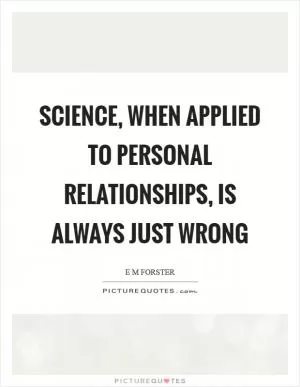



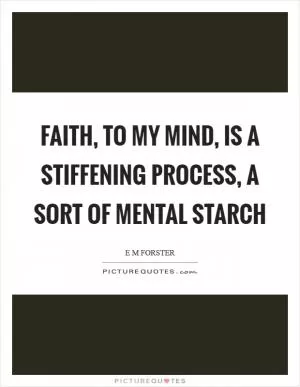
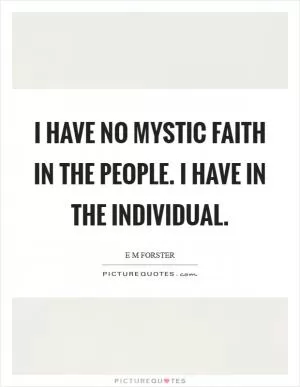
 Friendship Quotes
Friendship Quotes Love Quotes
Love Quotes Life Quotes
Life Quotes Funny Quotes
Funny Quotes Motivational Quotes
Motivational Quotes Inspirational Quotes
Inspirational Quotes